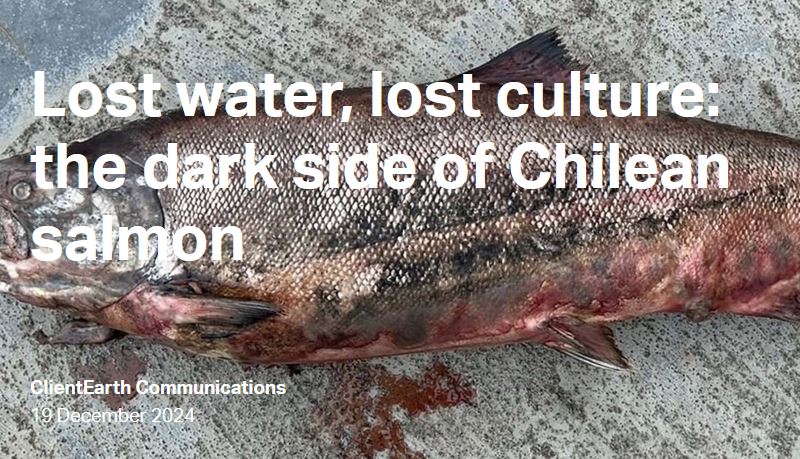 Sjókvíaeldi á laxi eyðileggur umhverfið og lífríkið alls staðar þar sem það er stundað.
Sjókvíaeldi á laxi eyðileggur umhverfið og lífríkið alls staðar þar sem það er stundað.
Í meðfylgjandi grein hvetja alþjóðlegu náttúruverndarsamtökin Client Earth fólk til að kaupa ekki eldislax úr sjókvíum og nefna slóð eyðileggingar þessa grimmdarlega iðnaðar í Chile á umhverfinu en líka á menningu innfæddra.
Við búum svo vel á Íslandi að hér er hægt að fá lax úr landeldi í öllum almennilegum verslunum svo það er auðvelt að sniðganga sjókvíaeldislax.
Sjókvíaeldi á laxi er óboðleg aðferð við matvælaframleiðslu.
Although the species of salmon farmed in Chile are not native, the country has become the second-largest producer of farmed salmon in the world, after Norway. In 2023, Chile’s salmon industry ranked as its second-biggest export, valued at USD $6.5 billion, with 1,017.713 metric tonnes exported. While the biggest importers are the USA (32,7%), Japan (17,7%), Brazil (17,6%), Russia (6,1%) and China (5,6%), EU nations such as Spain, France, Germany, Poland and Belgium are also consumers. The industry has surged production at a steep environmental and social cost, particularly in Patagonia, a region of pristine waters and fjords in southern Chile. It’s home to the Kawésqar people, descendants of nomadic fishers and gatherers who have inhabited these lands for over 6,000 years. …
Beyond environmental harm, salmon farming has disrupted traditional Kawésqar practices, limiting access to ancestral sites and fishing zones. This erosion of cultural identity and spiritual connections to land and sea is having profound impacts on the Kawésqar way of life.
“In places like Chiloé, Puerto Montt, and Aysén, there is a unique ‘culture of the sea’ – there, they build boats, they are artisanal fishermen and divers. The industry’s arrival has changed the essence of these regions”
says Film Director and Photographer Daniel Casado, Co-founder of the Foundation Centinela Patagonia.
The expansion of Chilean salmon farming proceeded without meaningful consultation with Indigenous communities such as the Kawésqar, denying them of their right to voice concerns about policies that directly impact their lives and territories. …
The detrimental effects of farmed salmon on the Kawésqar and other Indigenous Peoples interfere with the cultural and participation rights recognised under international human rights law. These include Indigenous Peoples’ rights to their lands, natural resources, and territories. These impacts may be so severe as to violate their right to a clean, healthy, and sustainable environment. The UN Special Rapporteur on the issue of human rights obligations relating to the enjoyment of a safe, clean, healthy and sustainable environment recognised as much after his visit to Chile. He encouraged the government to put in place “a moratorium on further expansion of salmon aquaculture pending an independent scientific review of the adverse environmental impacts”. …
